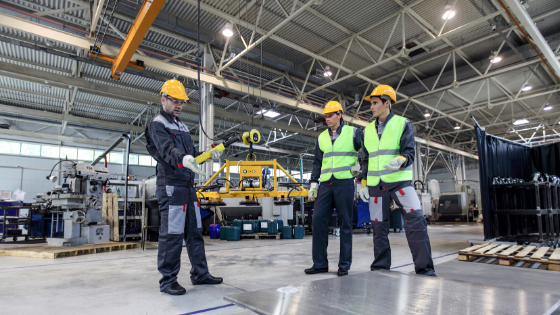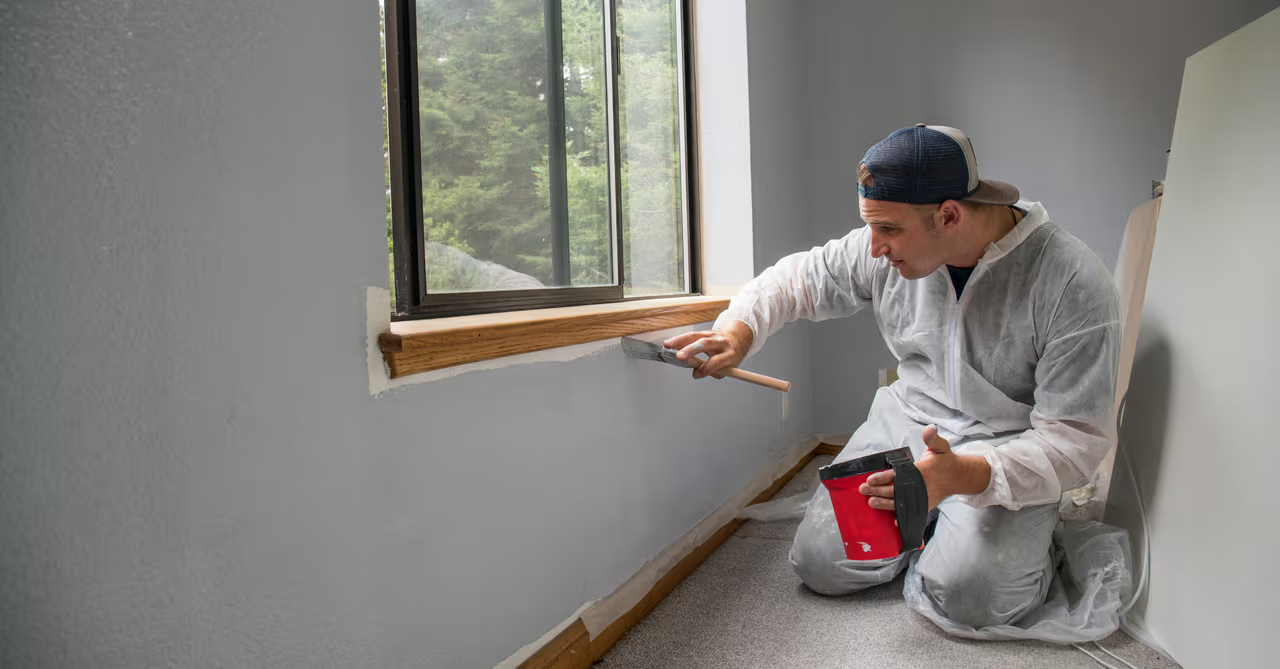In today’s fast-paced business environment, maintaining a robust safety culture in the workplace is not just a legal obligation, but a strategic priority. Enlisting the expertise of a WHS consultant can significantly enhance your organisation’s approach to safety, ensuring compliance with regulations and fostering an environment where employees feel safe and valued.
Understanding the Role of a WHS Consultant
A Work Health and Safety (WHS) consultant is a professional who specialises in evaluating and improving workplace safety standards. Their primary role is to assess the current safety measures, identify potential risks, and develop strategies to mitigate these risks effectively. By doing so, they ensure that businesses not only comply with local and national safety laws but also promote a strong culture of safety.
Assessing Current Safety Practices
The first step a WHS consultant typically undertakes is a thorough assessment of the existing safety protocols within the organisation. This process often involves reviewing current policies, conducting site inspections, and interviewing employees to gain insights into the current safety culture and practices. This comprehensive approach allows the consultant to identify both strengths and areas needing improvement.
Developing a Tailored Safety Improvement Plan
Once the assessment is completed, the WHS consultant will work with management to develop a tailored safety improvement plan. This plan is customised to address the specific needs and challenges identified during the evaluation process. It may include training programs, policy updates, and the implementation of new safety technologies to enhance overall safety performance.
Implementing New Safety Measures
Implementing new safety measures is a critical phase where the WHS consultant guides the organisation through the changes needed to improve safety outcomes. This may involve hands-on training sessions, workshops, and seminars that educate employees on new protocols and best practices, fostering an environment of continuous safety education.
Monitoring and Reviewing Safety Performance
After the implementation of new measures, monitoring and reviewing safety performance is essential to ensure the desired outcomes are being achieved. A WHS consultant will typically establish metrics and review procedures to regularly assess the effectiveness of the new strategies and make necessary adjustments to maintain high safety standards.
Building a Culture of Safety
The ultimate goal of a WHS consultant is to build a culture of safety within the organisation. This involves encouraging proactive safety practices and ensuring that every employee understands the importance of their role in maintaining a safe working environment. By promoting active participation and communication, a WHS consultant helps instil a safety-first mindset across the company.
Improving Employee Morale and Retention
When safety becomes an integral part of the company culture, employees often feel more valued and secure, leading to increased morale and reduced turnover. A strong safety culture can enhance job satisfaction, making the company a more attractive place to work and retaining top talent who appreciate the emphasis on their well-being.
Cost-Effective Solutions
While hiring a WHS consultant is an investment, it often results in significant cost savings for the business. By preventing accidents and reducing the likelihood of legal issues, companies can save on medical expenses, insurance premiums, and legal fees, ultimately contributing to a healthier bottom line.
Compliance with Legal Requirements
Compliance with safety regulations is non-negotiable in today’s business environment. A WHS consultant ensures that all practices and policies meet legislative requirements, thus safeguarding the company from potential legal consequences and fines that can arise from non-compliance.
Enhancing Reputation and Brand Image
Companies that prioritise safety are often viewed more favourably by both clients and the public. A good safety record can enhance a company’s reputation, attract potential clients, and generate trust. By engaging a WHS consultant, businesses can improve their image, showcasing their commitment to safety and corporate responsibility.
Leveraging Expertise and Experience
WHS consultants bring a wealth of expertise and experience to the table. They stay up-to-date with the latest developments in safety regulations and technologies, ensuring their clients benefit from cutting-edge strategies and solutions. This expert guidance can be invaluable in navigating the complex landscape of workplace safety.
Customising Training and Education Programs
Training and education are critical components of an effective safety culture. A WHS consultant can design and deliver customised training programs that address specific needs within the organisation, ensuring that all employees have the knowledge and skills necessary to prevent accidents and respond effectively to potential hazards.
Facilitating Continuous Improvement
Safety is not a one-off initiative but requires ongoing commitment. A WHS consultant supports continuous improvement by regularly reviewing and updating safety policies and practices in response to evolving risks and business needs. This ensures that the organisation remains at the forefront of best practices in workplace safety.
Conclusion
Overall, the impact of a WHS consultant on workplace safety culture is substantial. By assessing current practices, implementing effective solutions, and fostering continuous improvement, they help organisations transform their safety culture. The result is a safer, more productive workplace, where employees feel valued and protected, and the business thrives as a result of its commitment to health and safety.





